Social and sustainable social enterprises may alter consumers' habits and conventional thinking, leading them to choose climate-friendly products and services from climate-conscious organisations.
Climate change is one of the biggest threats to human existence and to our political, social, and economic systems. Over decades, Earth has faced massive challenges that humans are to blame for. And news about environmental degradation, rising greenhouse gas emissions, global warming, a polluted atmosphere, and climate change is an everyday affair. Due to rapid climate change, the world is facing enormous shifts in food production, agricultural patterns, biodiversity, migration, the environment, and public health. There is a pressing need to discover groundbreaking solutions. One of the possible routes to exploring these potential solutions is through climate-friendly social entrepreneurship and innovation.
In Amrit Kaal, the government of India has been extensively using innovation as a weapon to combat numerous socio-economic challenges. With the government's progressive schemes and policies, Indian citizens are leveraging the benefits and discovering unexplored opportunities. The central government is using innovation as an instrument to cultivate sustained growth and competitive advantage. The government is massively persuading and supporting its citizens to avail themselves of the offerings and enjoy them in the best possible manner. However, in parallel, the government also expects citizens' participation to be equally proactive in working towards societal and economic development. Innovation is critical to frame enhanced, more competent, and climate-friendly social enterprise business models. Presently, India is better placed than ever to become a progressive model of corporate sustainability for the rest of the world.
The Government of India and its citizens are notably contributing to sustainability science and development, which undoubtedly help create a higher impact in the world. Indeed, Indian rural communities have a strong potential to provide transformative solutions to climate change challenges; however, they may be unfamiliar with the formal concepts of social entrepreneurship and sustainable innovations. But if they are provided the right skills and training in this regard, they will feel empowered to participate in the Go Green, Go Global movement. However, this comes with the understanding that environmental degradation is a massive problem that necessitates a multi-stakeholder framework and multiple appropriate solutions. In this context, we need to address climate change concerns with transformative climate solutions. As green start-ups are gaining huge traction in the global market, Indian social enterprises and eco-entrepreneurs are suggested to create and offer game-changing products and services as well as advanced technologies to international markets that will significantly contribute to the upcoming green market revolution.
India is already on the path to a more environmentally friendly, circular economy, and sustainable future. However, there is a high probability that the near future might bring immense pressure on world governments as well as companies across the globe to create evidence of environmental, social, and governance assurance. Industries worldwide might need to incessantly present proof of their valuable contribution to the battle against environmental degradation. Hence, efforts should be made to bring shifts in consumers' consumption and habits as well as in the process of production by industries. We need to keep an eye out and focus on newer prospects for greener solutions as well as enticing new market entrants to meet new climate-related goals. Social enterprises have a huge potential to provide access to wealth and collaborate in the formation of a sustainable future for our planet. Innovators and entrepreneurs across the globe need to be motivated to bring about the transformations we anticipate seeing. They should intend to encourage transformative innovations through a need-based and solution-oriented strategic framework for a climate-resilient future. This approach will help build alignment with the Sustainable Development Goals (SDGs).
Indian social entrepreneurs are creating a dynamic ecosystem of diverse, sustainability-driven advanced drivers that build on one another to intensify their influence. And indeed, this is why the government of India is betting high on MSMEs (micro, small, and medium enterprises), as they are the growth engine of the organisational ecosystem. Promoting innovation and strengthening the value chain can provide employment by utilising local resources. In a nutshell, MSMEs are one crucial sector that has the potential to enhance India's SDG rating. Accordingly, the government should roll out the mechanisms for MSMEs on appropriate energy use, optimising resources, opting for green building features, reducing GHG emissions, and waste management, fostering their sustainable entrepreneurial journey. Industrialists need to realise that if they can alter industries for the worse of the environment, they can and should be the ones to fight climate change. Industrialists need to understand that if they embed a key element of sustainability into their corporate strategies, they will have a long-lasting competitive advantage. A sustainability strategy can reduce costs substantially and affect operating profits by as much as 60%; it also lowers energy consumption and water intake. When an organisation has a strong sustainability intention, it increases its capacity to enter emerging markets and intensify its presence in existing markets.
Today, the Government of India is focusing on holistic solutions related to technology, business models, policy and regulation, financing instruments, and cooperation. Even though the government is resourceful and supportive, it cannot fight the challenges of climate change as its capacity is limited. The government may impose strict regulations and offer incentives to maintain and improve environmental sustainability, but collaboration among organisations may make climate change mitigation much easier. Social enterprises are recommended to introduce ecologically viable products and services to generate unconventional consumer demands and boost the growth of the whole ecosystem. Furthermore, a climate-friendly supply chain will help in the overall process of achieving climate justice. In the long run, social and sustainable social enterprises may alter consumers' habits and conventional thinking, leading them to choose climate-friendly products and services from climate-conscious organisations.
Reference Link: https://www.businessworld.in/article/Social-Entrepreneurship-May-Support-Climate-Change-Market-Revolution-/04-04-2023-471629/














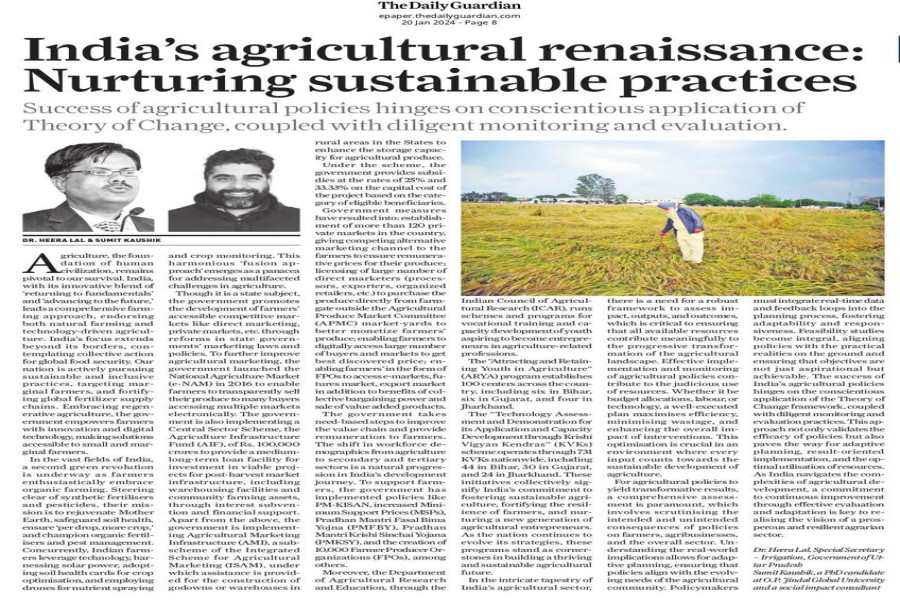




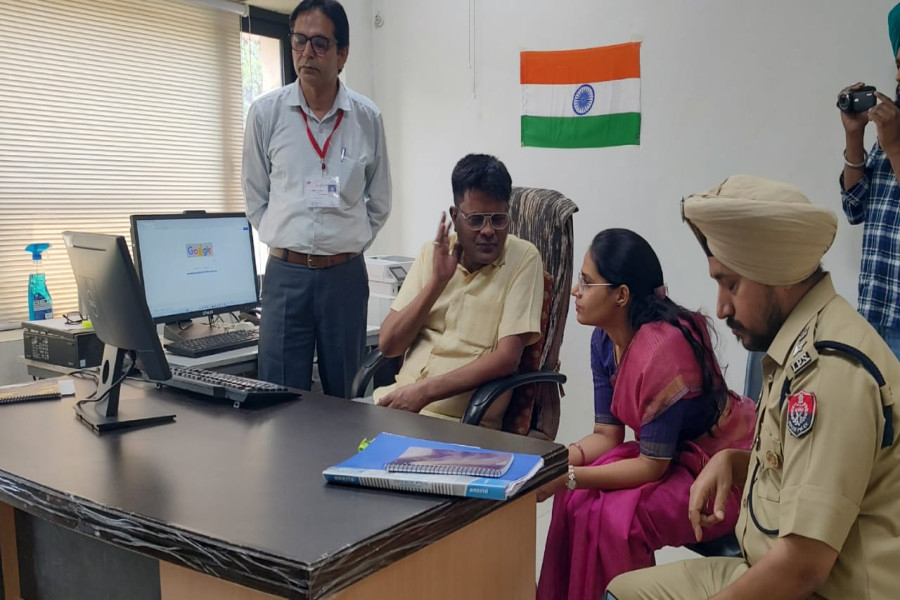


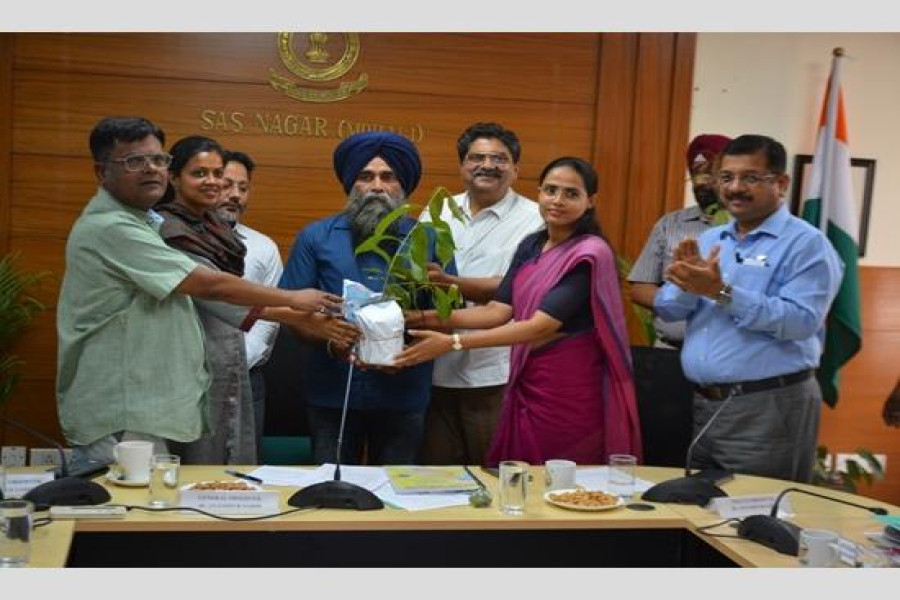

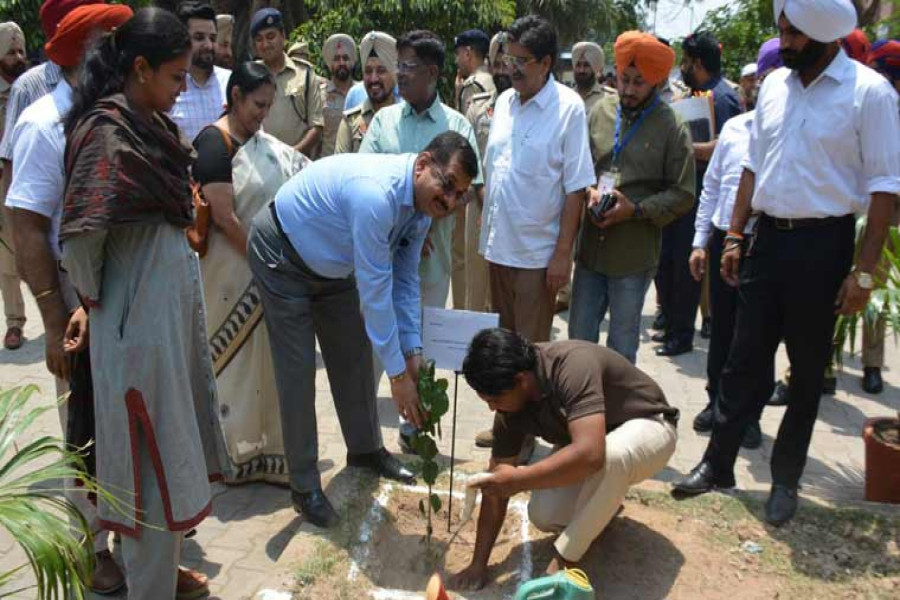

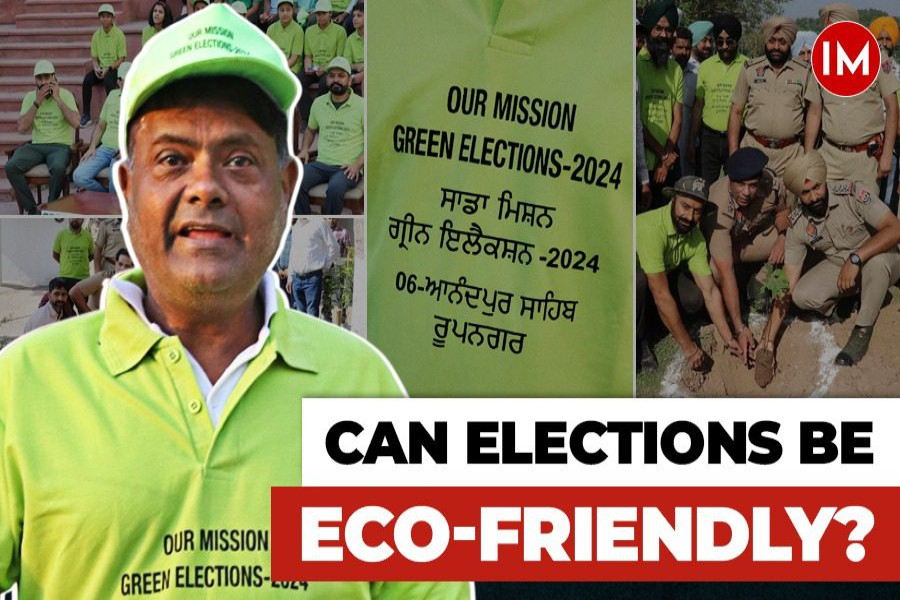



.jpg)